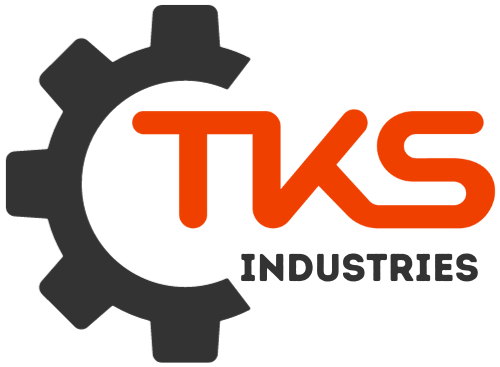[ad_1]
The As a Service Economy: How MaaS is Revolutionizing the Way We Consume Goods and Services
The As a Service (XaaS) economy has transformed the way we consume goods and services, offering greater flexibility, convenience, and accessibility. Within this space, one of the most promising and rapidly growing categories is Machine as a Service (MaaS). In this article, we’ll explore the definition, benefits, types, key players, and future prospects of MaaS, delving into the world of this innovative industry.
What is MaaS?
MaaS is a subscription-based model where machines, such as industrial equipment, tools, or vehicles, are made available to customers for a fee. This concept is similar to Software as a Service (SaaS), where software applications are delivered over the internet, but applied to physical machines. MaaS providers manage the machines, handle maintenance, and offer a range of services, including operation, monitoring, and upgrades.
Benefits of MaaS
The MaaS model offers numerous benefits to customers, including:
- Cost savings: No upfront capital expenditures, reduced operating costs, and lower maintenance costs.
- Flexibility: Access to machines without long-term commitments, allowing for scalability and adaptability to changing business needs.
- Access to latest technology: MaaS providers often offer the latest equipment and technologies, ensuring customers stay up-to-date and competitive.
- Reduced maintenance burden: MaaS providers handle maintenance, ensuring machines are always in good working condition.
- Increased productivity: With MaaS, customers can focus on core business activities, rather than managing machines.
Types of MaaS
There are several types of MaaS, including:
- Industrial Equipment as a Service: Manufacturers of industrial equipment, such as 3D printing machines or CNC machines, offer MaaS solutions.
- Transportation as a Service: Companies like Zipcar or Car2Go offer car-sharing services, while trucking companies may offer fleet management services.
- Construction Equipment as a Service: Construction equipment manufacturers offer MaaS solutions, providing access to heavy machinery for construction projects.
- Tool as a Service: Companies like ToolRentals or Snap-on offer MaaS solutions for tools and equipment.
Key Players in MaaS
Some of the key players in the MaaS industry include:
- John Deere: The agricultural equipment manufacturer offers a range of MaaS solutions, including precision farming equipment and heavy machinery.
- Caterpillar: The heavy machinery manufacturer offers MaaS solutions for construction and mining equipment.
- Schindler: The elevator and escalator manufacturer offers MaaS solutions for industrial equipment.
- Verizon: The telecommunications company offers MaaS solutions for industrial equipment, such as IoT sensors and communication devices.
Future Prospects of MaaS
The MaaS industry is expected to continue growing, driven by:
- Increasing demand for flexible consumption models: More businesses are seeking flexible consumption models, and MaaS offers an attractive alternative to traditional ownership.
- Advances in IoT and automation: The growth of IoT and automation technologies will enable MaaS providers to offer more sophisticated services and monitoring capabilities.
- Sustainability: MaaS promotes sustainability by reducing waste and the environmental impact of equipment ownership.
- Global expansion: As MaaS becomes more widespread, we can expect to see more global players entering the market.
In conclusion, MaaS is revolutionizing the way we consume goods and services, offering greater flexibility, convenience, and accessibility. As the industry continues to grow, we can expect to see more innovative solutions and services emerge, transforming the way businesses operate and the way we live.
[ad_2]
